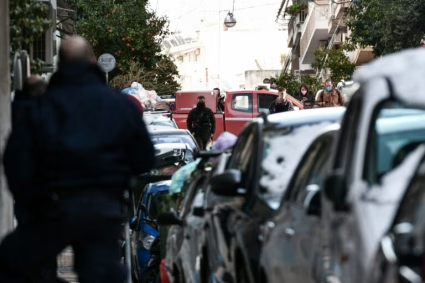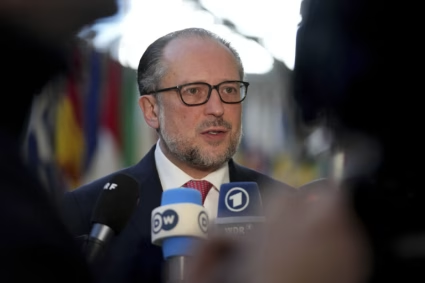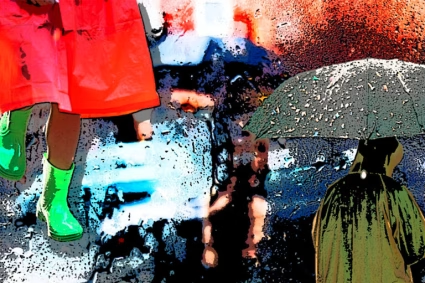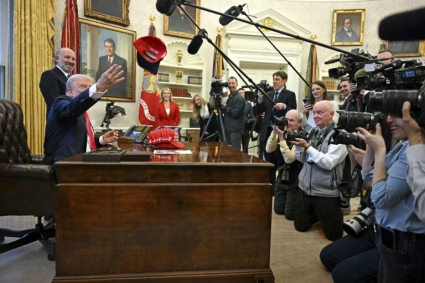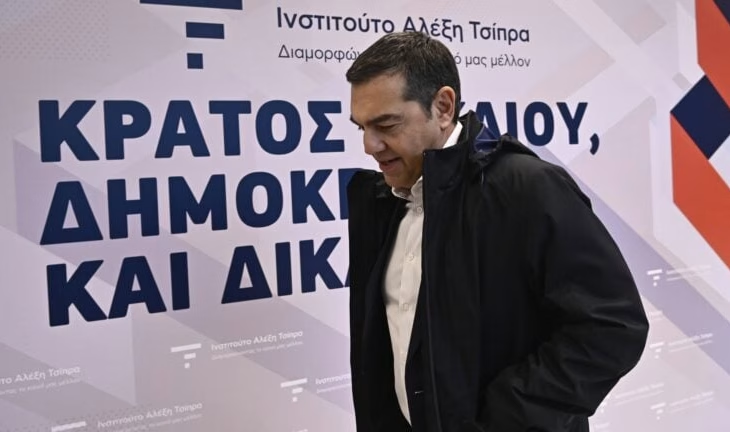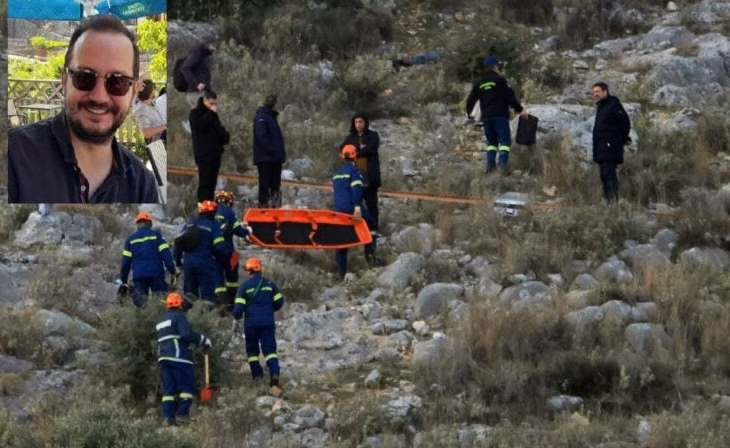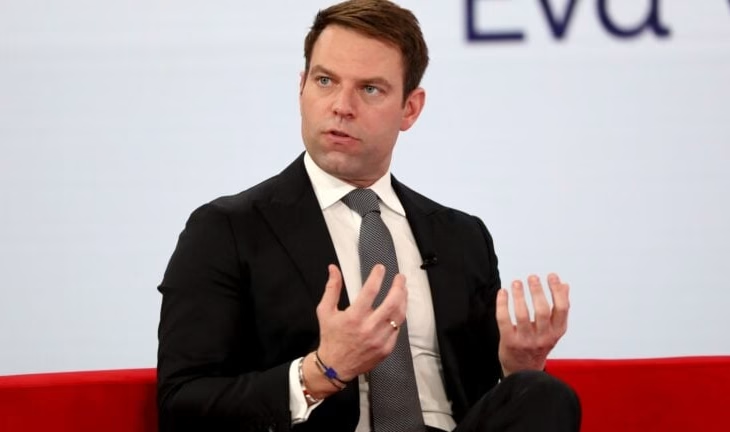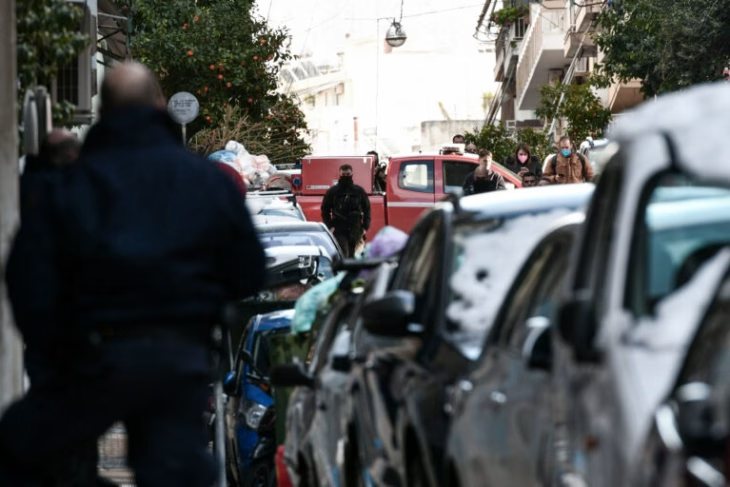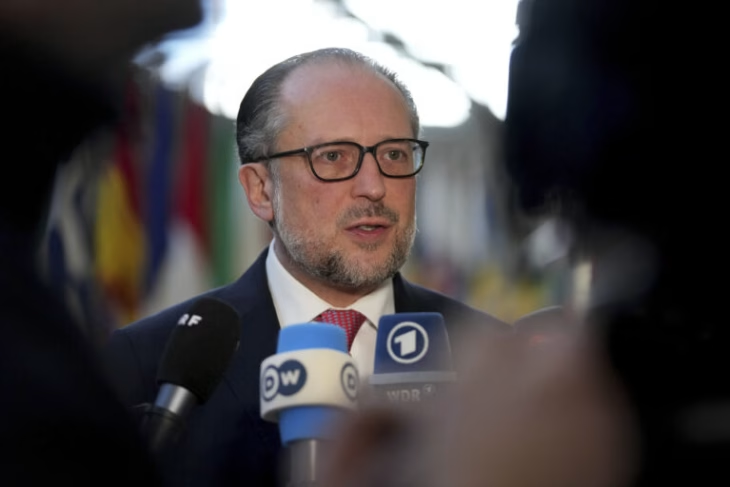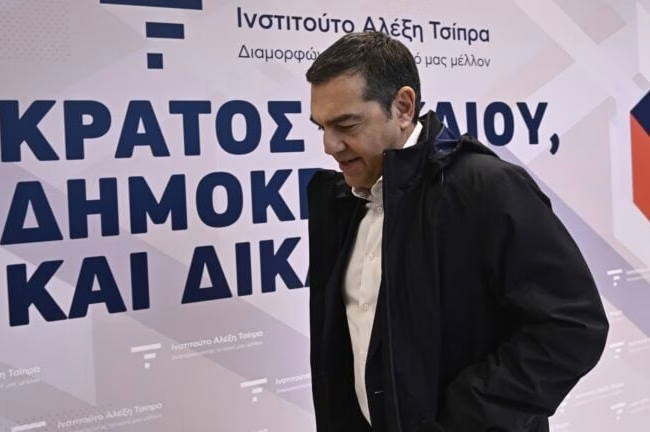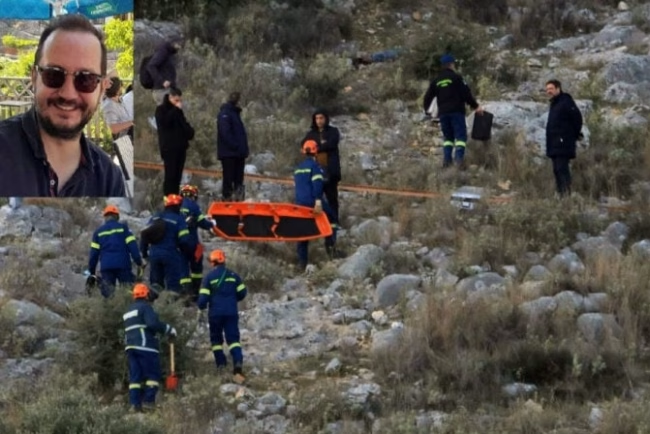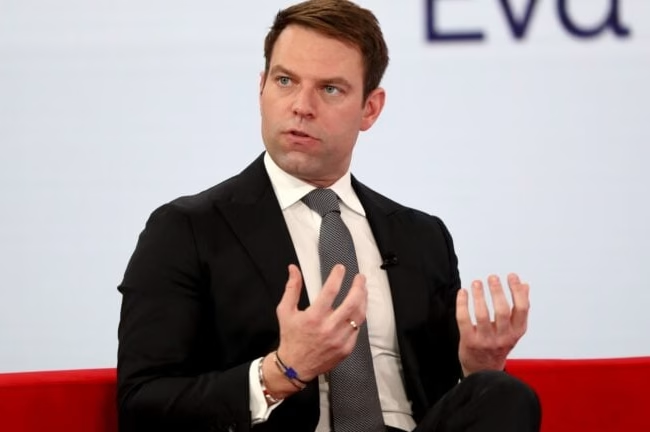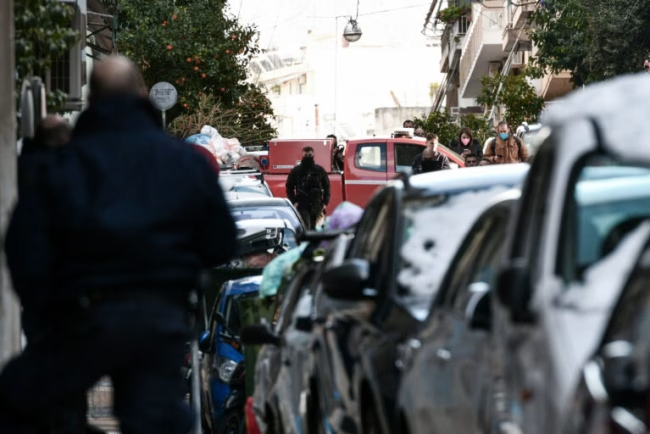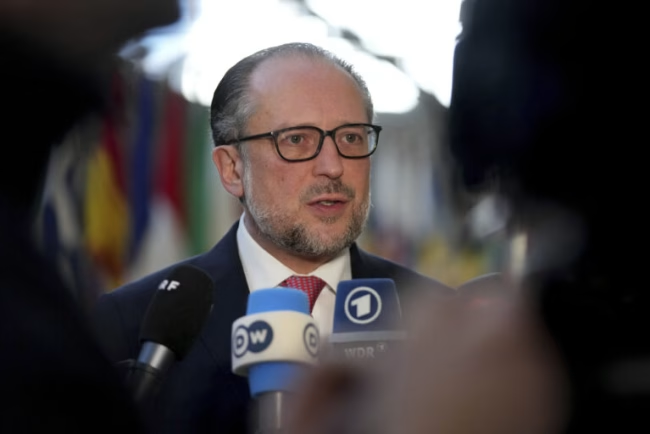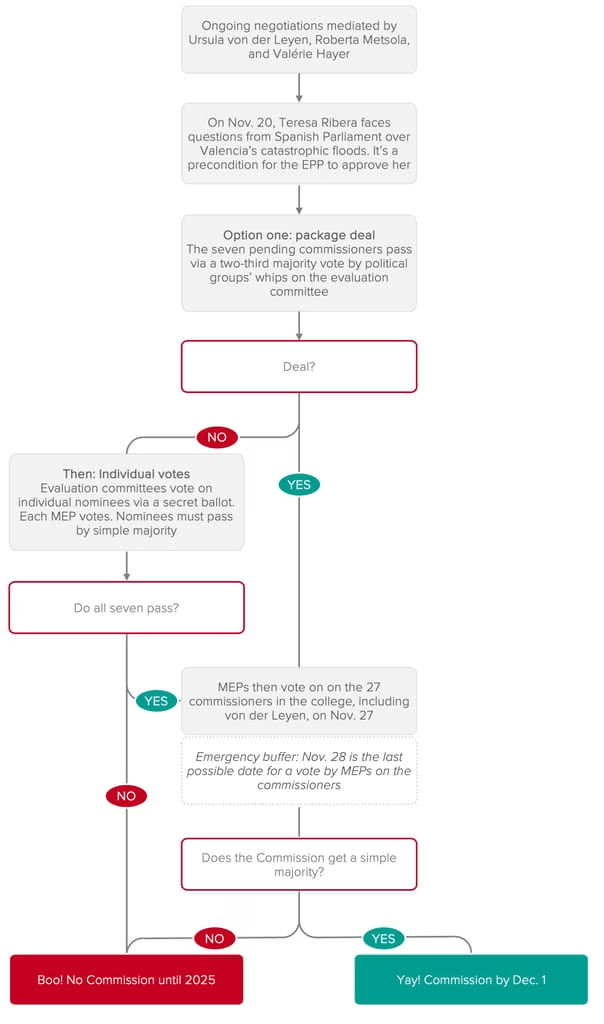
It’s been a long, winding road for European Commission President Ursula von der Leyen to assemble her team of 26 commissioners since the start of her second term.
In September, von der Leyen announced the group of people who would take on key appointments and portfolios for the next five years amid a complex and complicated geopolitical landscape.
And she and her team hoped for a Dec. 1 start date.
While her 26 nominees had faced the European Parliament for long, grueling hearings, her timeline seemed to be in trouble by the time the hearings ended on Nov. 12.
The Parliament gave a green light to 19 of her commissioners but failed to agree on the final six executive vice-presidents, as well as Hungary’s Oliver Várhelyi.
Infighting between political factions that have governed the European Union in relative alignment for years has reached a breaking point. The Parliament’s political families that supported von der Leyen for a second term, such as the liberal group Renew and the Socialists, have increased pressure on her European People’s Party (EPP) after she accepted a hard-right nominee from Italy, Raffaele Fitto, for executive vice president.
In turn, the EPP launched a hostile campaign against the Socialists’ candidate, Teresa Ribera, as the Socialists continue to blame the EPP for using the right-wing majority in the Parliament to their advantage.
In the coming days, Brussels will await with bated breath what the next twist and turn might be: Will the 26 nominees move forward untouched? Will one have to be sacrificed for a reasonable start date to the Commission? Or will political groups in the Parliament stand firm and delay the kickoff to 2025?
We’ve mapped out the ifs, ands or buts, step-by-step.


